Bilateral Talks Between PM Modi and President Xi Jinping in Russia
Prime Minister Narendra Modi and President Xi Jinping met in Kazan, Russia, for their first bilateral talks since the 2019 Ladakh standoff, indicating a potential thaw in relations. Recent agreements have aimed to restore the status quo prior to the standoff, with discussions focused on trade, economics, and military patrolling arrangements along the Line of Actual Control. This meeting marks a significant diplomatic effort following years of strain between the two nations.
In a significant diplomatic development, Prime Minister Narendra Modi of India and President Xi Jinping of China convened for their first bilateral discussions since the heightened tensions resulting from the Ladakh standoff in 2019. This meeting unfolded in Kazan, Russia, on the margins of the BRICS Summit, marking a crucial step towards mending ties that have faced considerable strain following what India deemed Beijing’s unilateral violations of the Line of Actual Control, the effective boundary recognized by both nations. The talks come in the wake of recent breakthroughs in both diplomatic and military discussions, aimed at reaffirming the status quo prior to the initiation of the Ladakh standoff in May 2020. Notably, these discussions have led to a revised patrolling arrangement, signaling a pivotal move towards reducing hostilities in a region where both countries have positioned significant military forces. Prime Minister Modi and President Xi had engaged in previous brief exchanges since the Galwan Valley clash of 2020, notably at the G20 summit in Bali, Indonesia, in November 2022, and during the BRICS summit in Johannesburg, South Africa, in August 2023. However, the recent meeting represented the first opportunity for in-depth discussions concerning trade, economic collaboration, and other vital issues. The relation between both nations had become increasingly strained, highlighted by the cessation of direct flights over the preceding four years and a stringent review of security measures for Chinese technicians seeking entry into India. Furthermore, investment ventures originating from neighboring countries have required extensive scrutiny before approval. As representatives of both nations move forward from this meeting, there exists a critical opportunity to restore normalcy in trade, economic dynamics, and interpersonal relations between India and China, which have seen considerable disruption in recent times.
The bilateral relationship between India and China has been marred by tensions stemming from military confrontations, notably the violent clashes in the Galwan Valley in 2020. These events were compounded by subsequent unilateral actions taken by China along the Line of Actual Control, escalating concerns for India’s national security. The leaders’ discussions indicate a shift in diplomacy with a focus on de-escalation and renewed cooperation, especially as both nations look to stabilize their relations in the face of previous adversities.
In conclusion, the meeting between Prime Minister Modi and President Xi represents a substantial opportunity for both nations to re-establish their bilateral relationship following years of tension. The conversations surrounding military de-escalation and the potential for normalized trade and economic relations underscore a desire for dialogue and cooperation. As both countries navigate these changes, the outcomes of such discussions could play a crucial role in shaping future interactions between India and China.
Original Source: www.ndtv.com
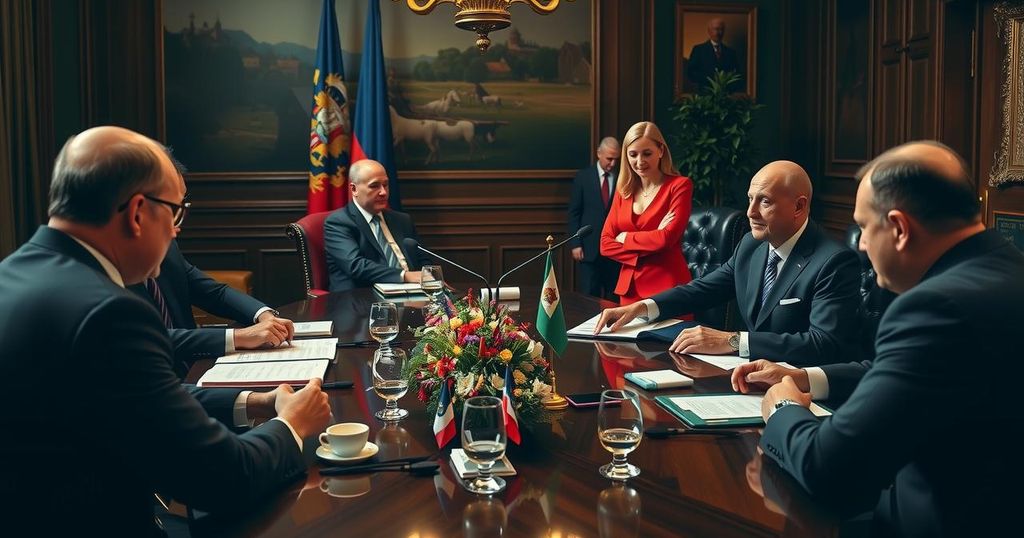


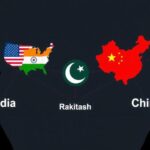

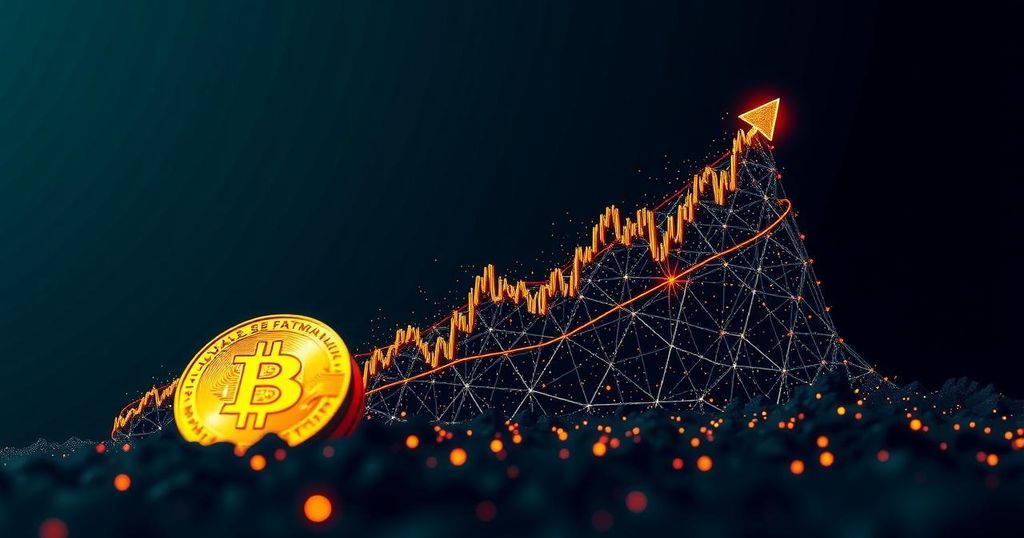
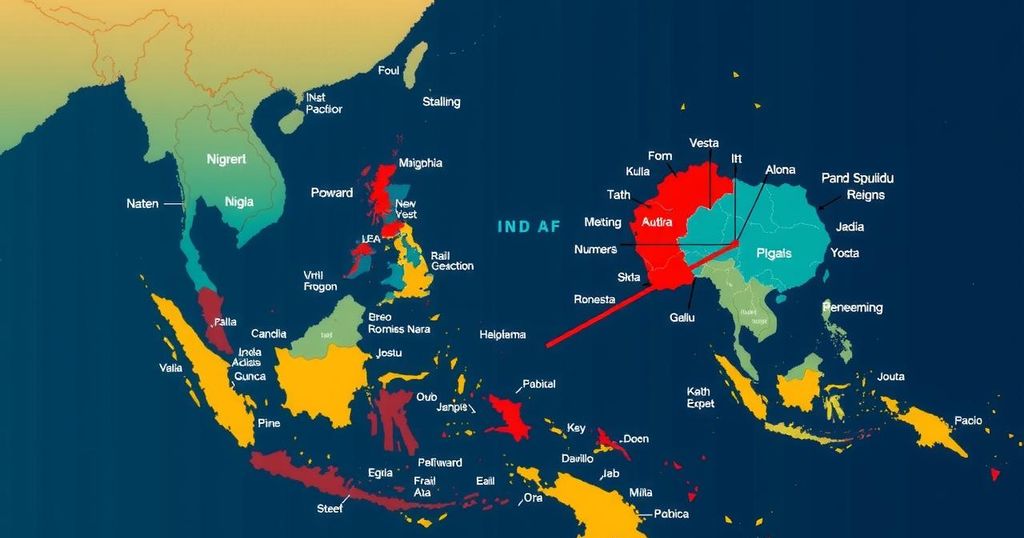
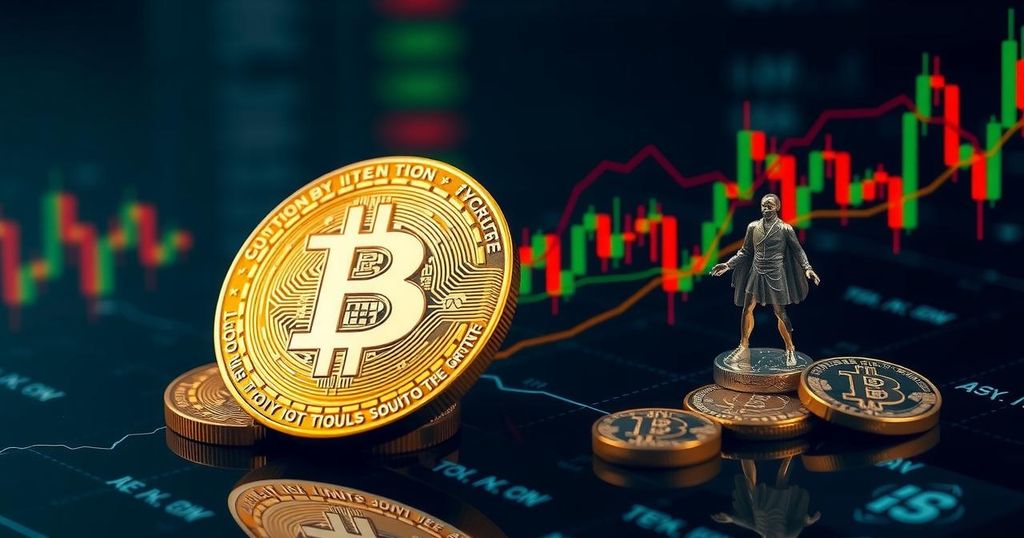
Post Comment